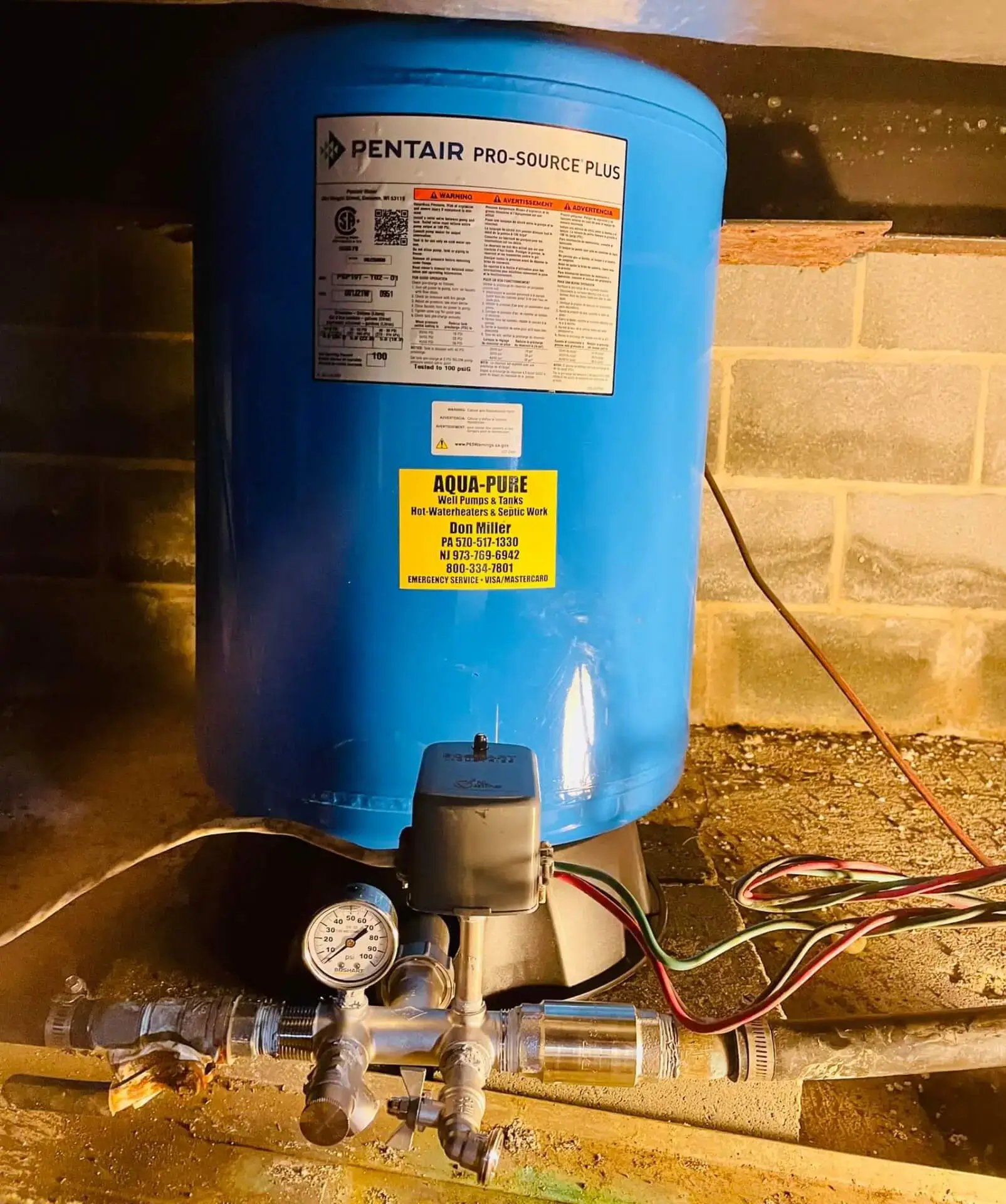Comprehending the Secret Components of Effective Water Filtration Solutions

Importance of Water Purification Systems
Water filtering systems play a crucial role in ensuring access to secure and tidy drinking water by successfully getting rid of pollutants and pollutants. These systems are important in addressing the expanding worries over water quality and the potential health and wellness threats connected with eating contaminated water. By using different filtering mechanisms such as reverse osmosis, activated carbon, and UV sterilization, water filtering systems can successfully eliminate dangerous substances like microorganisms, infections, hefty steels, and chemicals from the water.
In addition, water purification systems help to enhance the preference and smell of water by removing chlorine, debris, and various other contaminants that can influence its high quality. Water Treatment. This enhancement in water high quality not only makes it a lot more palatable but also motivates individuals to consume alcohol an appropriate amount of water daily, advertising much better hydration and overall health
Kinds Of Purification Components

Physical filters are developed to physically strain out contaminations from the water. These filters can be made from products like ceramic, carbon, or perhaps sand, and they work by trapping bits larger than the filter's pores as water passes via.
Chemical filters use various chemical procedures to remove impurities from the water. Instances consist of turned on carbon filters, which adsorb contaminations, and turn around osmosis membrane layers, which make use of pressure to separate pollutants from the water.
Biological filters use living organisms like microorganisms or algae to damage down raw material and contaminants in the water. These filters are commonly made use of in wastewater treatment plants or all-natural water filtration systems.
Recognizing the various kinds of purification elements is critical for choosing one of the most suitable water filtering system for particular filtration requirements.
Function of Debris Filters
Debris filters play a crucial role in water filtering systems by efficiently catching solid fragments suspended in the water. These filters are commonly the initial line of defense in a filtration system, getting rid of larger bits such as sand, silt, dirt, and corrosion before the water relocates with finer filtering phases. By anchor capturing these debris, the filters prevent them from getting to downstream components, therefore extending the life-span and effectiveness of the whole system.
Disregarding this maintenance can lead to clogging, minimized water circulation, and jeopardized filtering performance. Overall, debris filters are vital parts that contribute dramatically to the effectiveness of water purification systems.
Function of Triggered Carbon Filters
Playing a critical role in water filtering systems, turned on carbon filters contribute in getting rid of impurities and contaminants from the water system. These filters are designed to adsorb and catch a large range of contaminants, consisting of chlorine, volatile organic compounds (VOCs), chemicals, and herbicides. The turned on carbon material has a big area, allowing for the effective capturing of impurities via a procedure called adsorption. As water travels through the filter, the turned on carbon holds and draws in onto the contaminations, ensuring that the water that appears beyond is cleaner and much safer for consumption.
Activated carbon filters are highly efficient at improving the preference and odor of water by reducing chemicals that can affect its quality. Due to their flexibility and reliability, turned on carbon filters are a crucial element in making certain that water is cleansed to the greatest standards before reaching consumers.
Recognizing Reverse Osmosis Solutions
Reverse osmosis systems are advanced water purification systems that utilize an innovative procedure to get rid of contaminants and contaminations from alcohol consumption water. These systems work by using pressure to the water, forcing it via a semi-permeable membrane layer.
Additionally, reverse osmosis systems are fairly low-maintenance and can be mounted under the sink or in a main my review here filtration system, offering practical access web link to clean water throughout the family. In general, comprehending exactly how reverse osmosis systems function can help people make notified decisions regarding their water purification needs.
Conclusion
In final thought, efficient water purification systems are essential for making sure clean and risk-free alcohol consumption water. By recognizing the feature and role of each component, individuals can make educated choices when selecting a water filtration system.
Water purification systems play an important function in making sure access to clean and risk-free alcohol consumption water by efficiently eliminating impurities and contaminations. By utilizing numerous purification systems such as reverse osmosis, activated carbon, and UV sterilization, water purification systems can efficiently eliminate hazardous materials like bacteria, viruses, hefty steels, and chemicals from the water supply.
Debris filters play a critical function in water filtering systems by properly catching solid bits put on hold in the water (Water Treatment).Playing an important role in water purification systems, activated carbon filters are crucial in eliminating contaminations and contaminants from the water supply.Reverse osmosis systems are innovative water filtration systems that use an advanced process to eliminate impurities and impurities from drinking water
Comments on “Comprehensive Water Treatment Solutions: Guarding Your Family's Health and Well-Being”